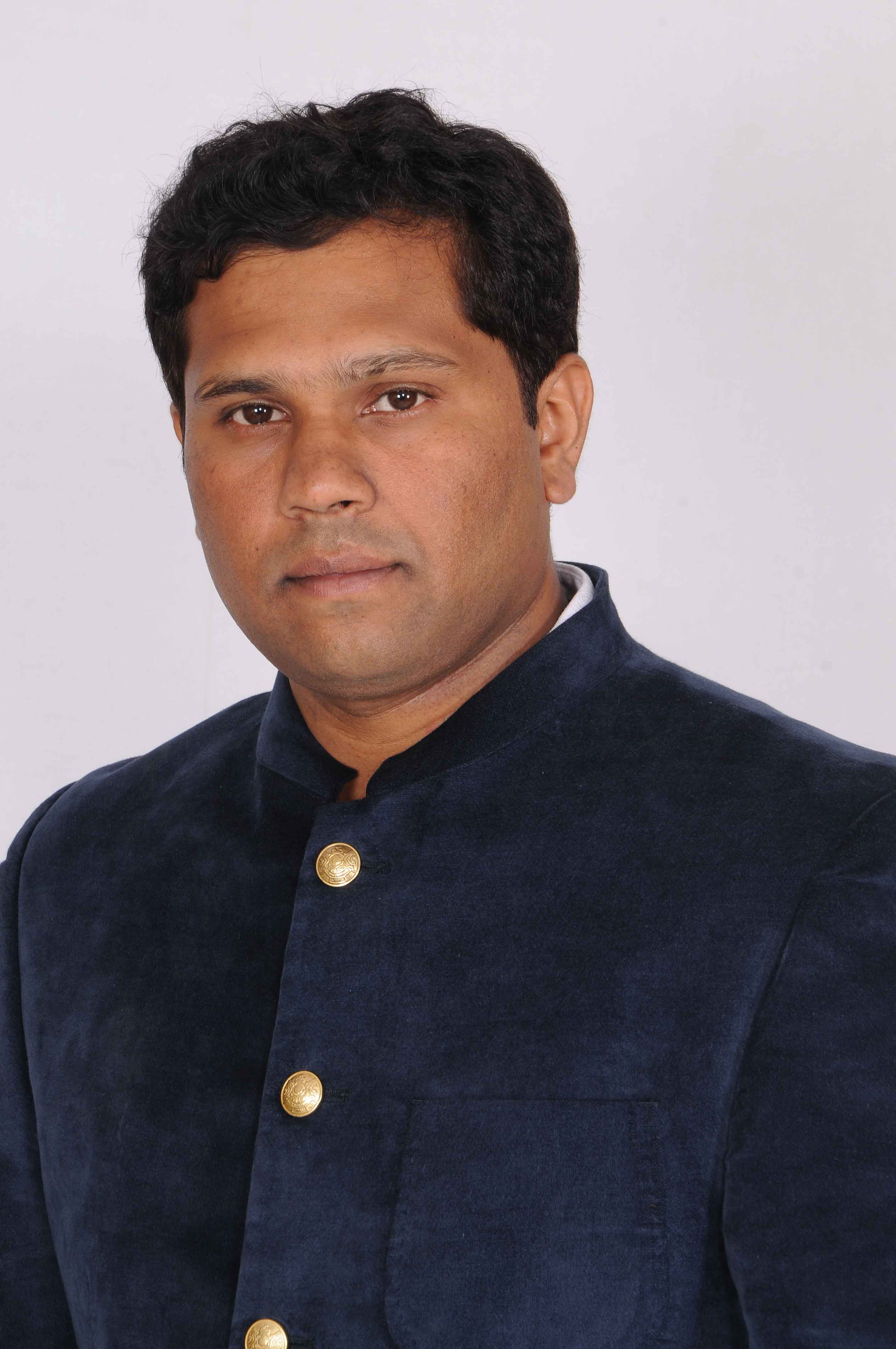The impact of COVID-19 on the education system
The training area in India, which was until now delayed to change, has been seeing a monstrous change as of late with changing position scene, mechanical disturbances, interest for quality schooling, and the execution of the National Education Policy (NEP) 2020. The pandemic made further shocks the framework with schools compelled to close down during the lockdown time frame, and the progress of understudies and instructors to web-based education learning. In India, around 250 million understudies were impacted because of school terminations at the beginning of lockdown prompted by COVID-19. The pandemic represented a few difficulties out in the open and non-public schools which remembered a normal ascent for dropouts, learning misfortunes, and an expansion in the computerized partition. The pandemic likewise raised doubt about the preparation of the frameworks, including educators to address such an emergency and the maintainability of non-public schools. Notwithstanding, COVID-19 likewise gone about as an impetus for computerized reception in-school training. With schools returning in many states, a cautious system must be worked in to smoothen the progress of kids back to school after over 15 months of locally established learning. This progress needs to consider the learning misfortunes which had occurred over the earlier year as well as adopt a cutting-edge strategy to construct a strong framework that can endure any future shocks. NEP 2020, and ensuing government drives like National Digital Education Architecture (NDEAR) and National Initiative for Proficiency in Reading with Understanding and Numeracy (NIPUN Bharat) are supposed to give a plan for this change. The paper is a zenith of the CII School Summit 2021 which united policymakers, industry heads, and specialist organizations together on a stage to think about making a course for recuperation for schools post the pandemic.
It further attracts a guide to recuperation for the school schooling system across these five subjects based on the vision set somewhere near NEP 2020 as well as drawing from best practices across the globe as 13 proposals. The paper unfurls conversations on a few significant topical areas of school training in the post-pandemic period, for example, the way prompting the quality connections among understudy and instructor, fundamental mediations reclassifying the job of educators as 'edupreneurs', the job of computerized innovation in affecting instructing growing experience, arrangements spanning the learning holes in the educational program, teaching method and evaluations and procedures for guaranteeing the manageability of tuition based schools. The paper might go about as a source of perspective for all concerned partners on the post-pandemic recuperation of the schools with an emphasis on building an impartial, comprehensive, and all-encompassing school system for the country.


